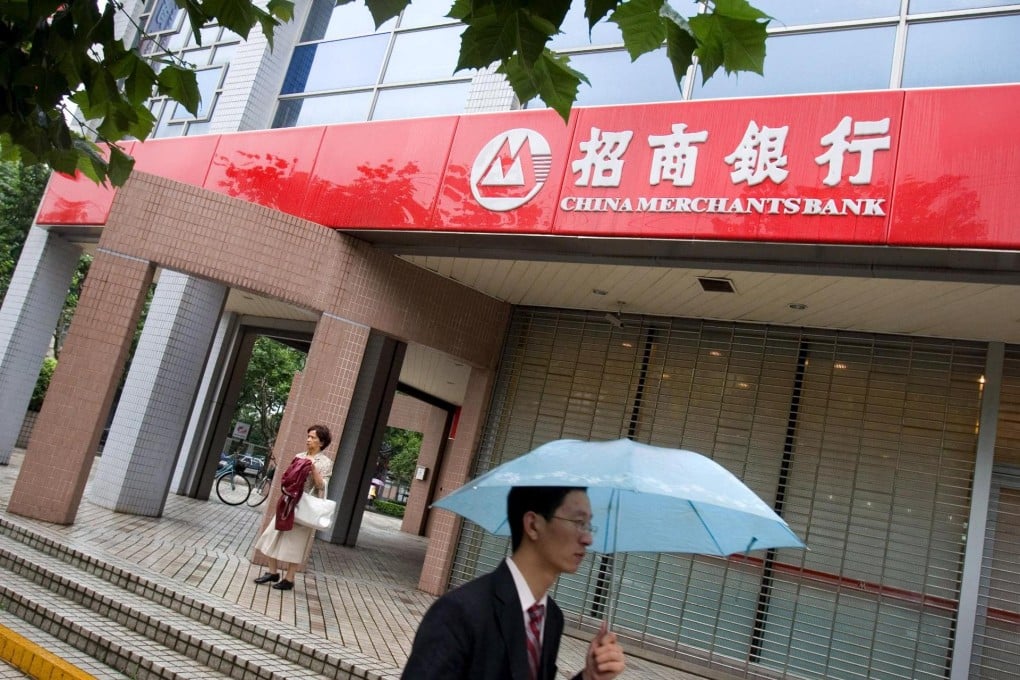China Merchants Bank to relaunch credit card asset-backed securities
Market for credit card asset-backed securities is reopened after mainland financial regulators banned the same products just months earlier

Regulators have given China Merchants Bank the green light to sell off a fresh batch of asset-backed securities (ABS) using credit card debt after banning the same products just months earlier.
The reopening of the credit card ABS market, which so far constitutes a fraction of the total debt that banks have securitised in China, was one of several recent signs of central government support for ABS sales in China this year.
Merchants Bank will issue credit card ABS within the next few months, Bai Yang, the general manager of the finance department at China Resources SZITIC Trust, told the South China Morning Post.
The trust firm, a subsidiary of CR Holdings, was the lead underwriter for credit ABS the bank issued last year before the China Banking Regulatory Commission banned the products.
"We have permission to start this again," Bai said, although she declined to say how much debt would be securitised or an exact date for issuance. "The regulator has confidence in Merchants Bank for handling this kind of product."
In November, sources confirmed that CBRC called for a total halt on credit ABS yet never issued a formal statement on the ban. The move was a signal that, despite outwardly promoting the ABS market, the regulator would continue to take a cautionary stance on riskier products, such as credit card debt, which often sees more defaults than car loans and mortgages.